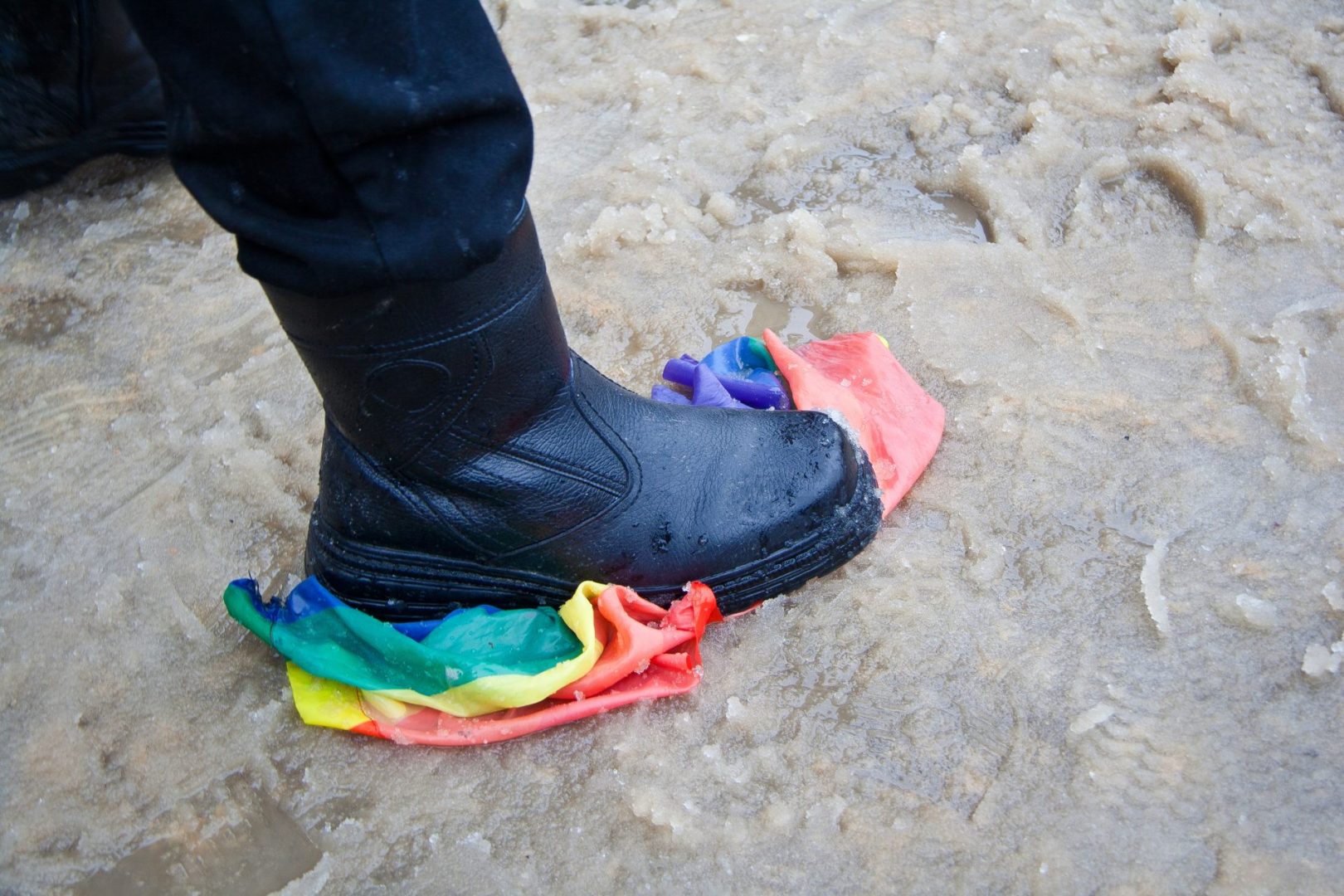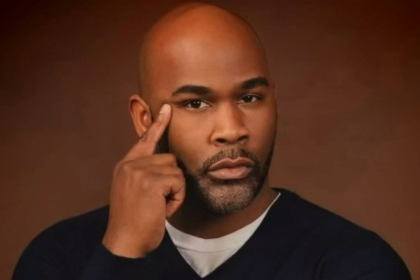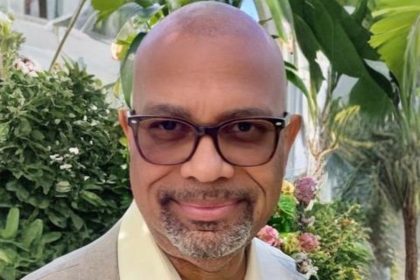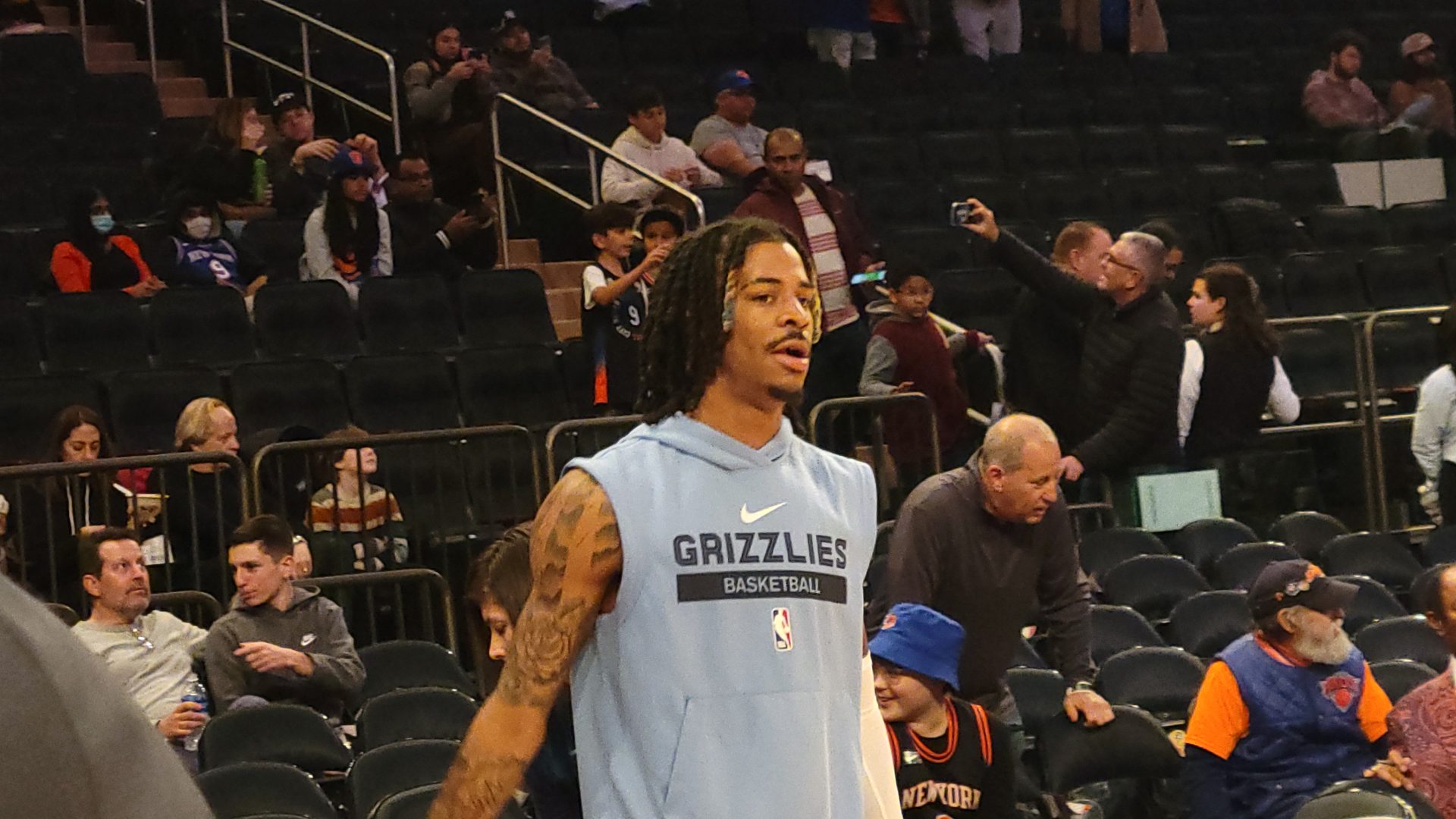Steven Dashiell, the author of this editorial, is an interdisciplinary sociologist who studies language, specifically the nature of discourses in male-dominated subcultures. He speaks of the manosphere—a collection of online and offline groups that believe in male superiority and often traffic in misogyny. His work looks at how understood assumptions in language and behavior set rules in these spaces that reflect on our interpretations of masculinity. His recent work in progress looks at groups as wide-ranging as the military, barbershop patrons, gamers, and Bronies.
Dr. Dashiell is an Army veteran with significant experience in public health.
In the summer of 2023, I read that YouTube had de-monetized a podcast called “Fresh & Fit,” meaning that the show could no longer earn ad revenue.
While YouTube didn’t point to an inciting incident, the podcast had recently come under fire for hosting white supremacist Nick Fuentes. During the episode, Fuentes had called women “baby machines” and denied the existence of the Holocaust.
Until then, I hadn’t heard of “Fresh & Fit.” But once I learned that the hosts were two young Black men, Myron Gaines and Walter Weekes, I wanted to learn more about what they were saying on their show – and how they said it.
The show is part of the “manosphere”: online places where men converse for, with, and about men. Journalists and scholars generally describe younger white men as the most common audiences for manosphere influencers.
As I listened to their episodes, I started noticing something interesting – the two hosts regularly used language to appeal to Black men. They spoke in the parlance of social justice movements but applied it in a twisted way to justify misogyny and male superiority.
Enter the manosphere
I study male subcultures, such as gaming and the military, to see which rhetoric and behaviors are rewarded and avoided.
There’s the widespread belief that men don’t express their feelings well or have a hard time being vulnerable.
The manosphere purports to upend that notion. On podcasts, YouTube series and discussion boards, men get into the weeds about their lives, their relationships and the challenges they face.
Some have argued that these interviews, posts, and threads can be healthy and productive. But the manosphere generally evokes controversial internet personalities such as Andrew Tate and Jordan Peterson, who have become notorious for their misogynistic and homophobic tirades. Tate doesn’t just say outrageous stuff – he’s been charged with sex trafficking and is awaiting trial in Romania.
To Tate and Peterson, being a better man isn’t about learning to be more vulnerable. Instead, they argue that straight men have become marginalized in a society that’s gotten too soft, too effeminate, and too politically correct. In their view, men must embrace their traditional roles as protectors, providers, and producers.
Research has shown that young men, in particular, are receptive to these ideas. Of course, young Black men make up some of this cohort, but they rarely get mentioned in critiques of the manosphere.
Fitness, health … and Fuentes
“Fresh & Fit” bills itself as a discussion on men’s fitness, fashion, and mental health.
Gaines is the author of the book “Why Women Deserve Less,” in which he writes, “Women are benefiting unfairly at nearly every man’s expense.”
Weekes is a business mogul who firmly believes in meritocracy. He credits his success to his own hard work, a point he eagerly reiterates in several episodes.
The show normally involves commentary from the hosts about current events, and they’ll often feature guests ranging from CrossFit coaches and gym owners to more controversial interviewees like Fuentes and conservative political commentator Candace Owens.
The YouTube shows are wildly popular, with some episodes garnering hundreds of thousands of views.
There’s also a spinoff, “Fresh & Fit After Hours,” which tends to include panels of young women. During these conversations, the women – who usually work in fields such as modeling, sex work, or professional dance – often find themselves on the spot by the hosts, who ask them to speak on behalf of all women.
Locker-room talk
I listened to 40 randomly selected episodes of the main show and 25 of the “After Hours” show, and the conversations veered into explorations of gender differences and debates about why men are better than women. All of these elements fall under what sociolinguist Scott Kiesling calls “masculine linguistic practices” – the ways in which men express their masculinity in conversation with one another.
Each episode is replete with misogyny. On one, Gaines encourages listeners not to go to Miami – not because it’s too expensive or it’s too hot, but because the women in South Beach think they’re “better than you.” On another, when talking about what men are looking for in a partner, he notes, “When we look for security in y’all, it’s security in making sure the kid is ours. And a woman that has a promiscuous past might continue that trend in the future.”
Gaines and Weekes do give a platform to women – but it’s to women who echo the hosts’ warped theories on gender.
In several of the “Fresh & Fit After Hours” episodes I watched, the hosts booked female guests who often admitted that they are status-conscious opportunists—that they want to be taken care of, expect men to give them gifts, and should be treated “like a lady.”
In one episode of “After Hours,” when a guest says she wishes men could approach her without being overly flirtatious, Gaines quickly undermines her: Surely she gets approached by men daily. But are they all flirtatious?
Then he throws out another question: How many of the men she ended up dating hadn’t flirted with her?
She holds up her hand in the shape of a zero.
Messages that resonate with Black listeners
Watching “Fresh & Fit” also showed me how the hosts sought to appeal to Black viewers and listeners specifically.
I think it’s important to note that although Black men are highly susceptible to being seen as a collective group, they aren’t a monolith. Many Black men hold conservative views. Instances of homophobia, misogyny, and transphobia are as common among Black Americans as they are among white Americans.
In other words, there isn’t any sort of cultural insulation that would protect Black men from negative messages in the manosphere, and the hosts subtly use language and imagery common to Black culture to inculcate Black listeners to their views.
Gaines and Weekes invariably slip in and out of African American Vernacular English, which conveys authenticity and forges a connection with Black listeners.
A common theme is the degree to which men are “kept down.” In the context of their show, “kept down” refers to how women constrain them. But in Black culture, the phrase is commonly used to talk about how the dominant white culture forces them to behave or act a certain way.
Criminal law scholar Paul Butler refers to the impact of those stereotypes about Black men as “black male exceptionalism.”
To Butler, commonly repeated statistics about Black men – their higher incarceration rates, worse education outcomes, and lower employment rates – reinforce the idea of Black men as an “endangered species.” My upcoming research expands on this, exploring how the internalization of this exceptionalism can be a self-fulfilling prophecy.
The darker corners of the manosphere stoke beliefs about disenfranchisement and discrimination against men. So, it’s worth pointing out that these messages can easily resonate among minority men, too.
If they listen to Gaines and Weekes, they’ll come away from the episodes thinking that it isn’t just racism keeping them down: It’s women, too.












